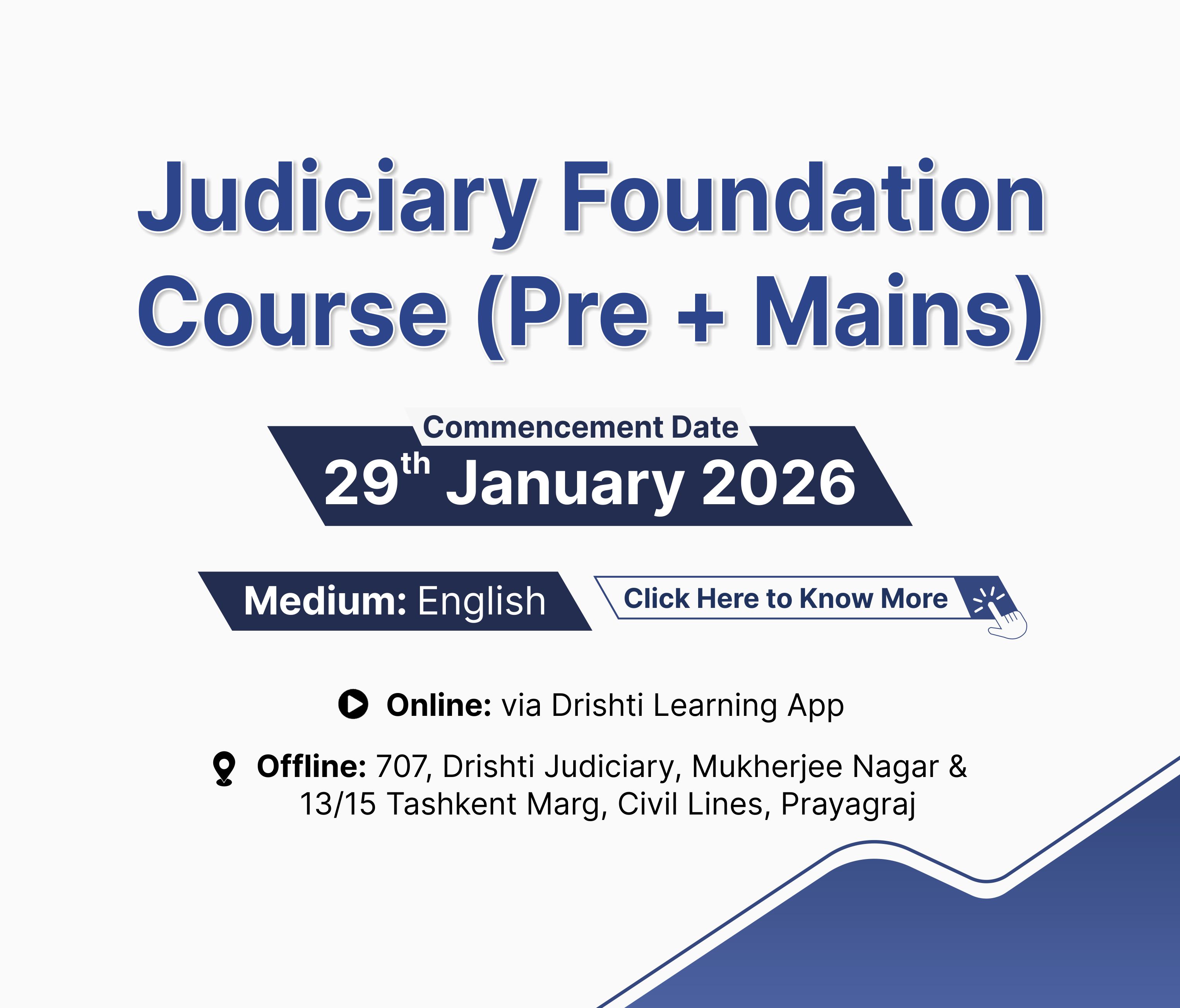List of Vocabulary
Ransom
- The money, price or consideration paid or demanded for the release of a person or restoration of a thing.
Rash
- An act which is done without due care and attention.
Rash or negligent Act
- An act which is done without due care and attention.
Ratification
- The confirmation of a previous act done either by the party himself or by another
Ratify
- To confirm or make valid by giving consent.
Re Examination
- The examination of a witness subsequent to the cross examination by the party who called him.
Reason to Believe
- Postulates belief and the existence of reasons for that belief
Record
- An account of some fact or event preserved in writing or other permanent form.
Rectification of instrument
- Correcting the errors of the instrument.
Redemption
- The action of clearing of a liability.
Reference
- The action of referring.
Refugee
- Someone who is unable or unwilling to return to their country of origin owing to a fear of being persecuted.
Regulation
- Rule or order having the force of law issued by an executive authority of a government usually under power granted by the Constitution.
relation of things
- the feature or attribute of things which is involved in considering them in comparison or contrast with each other
Relevant
- Pertinent ( connected with what is happening or being talked about ).
Relief
- Legal Redressal or remedy.
Repudiate
- to reject (a charge etc.) with denial, as being quite unfounded or inapplicable; to disown or disavow
Repugnant
- contrary or contradictory (to); inconsistent or incompatible
Reputation
- The common or general estimate of a person with respect to character or other qualities.
Res Judicata
- A case or suit already decided.
Rescind
- to do away with; to annul; to cancel
Restraint
- An action of restraint.
Retinue
- a number or company of persons retained in the service or attached to or following someone, especially a sovereign noble or person in authority
Revenue
- The annual or periodical yield of taxes, excises, customs, duties etc. that an entity collects and receives into the treasury for public use.
Review
- The process under which a court in certain circumstances can reconsider its own judgement.
Revision
- the act of examining again in order to remove any defect or grant relief against the irregular or improper exercise or non-exercise of jurisdiction by a lower court
Revision
- The act of examining again in order to remove any defect or grant relief against the irregular or improper exercise or non-exercise of jurisdiction by a lower court.
Revocation
- The act of revoking.
Revoke
- To call back, To rescind.
Rioting
- A violent disturbance of peace by members of unlawful assembly.
Royalty
- dues payable to a land owner for mining rights; sums paid for the use of a patent; percentage paid to an author by a publisher on the sale of his book
Rule
- a prescribed, suggested or self-imposed guide for conduct or action; a principle; a kind of regulation or bye-law; a principle regulating some action
Rules of court
- The rules of practice and rules to regulate procedure and facilitate the administration of justice which courts have the inherent power to prescribe as they may be deem necessary, independently of statute giving them authority to do so











